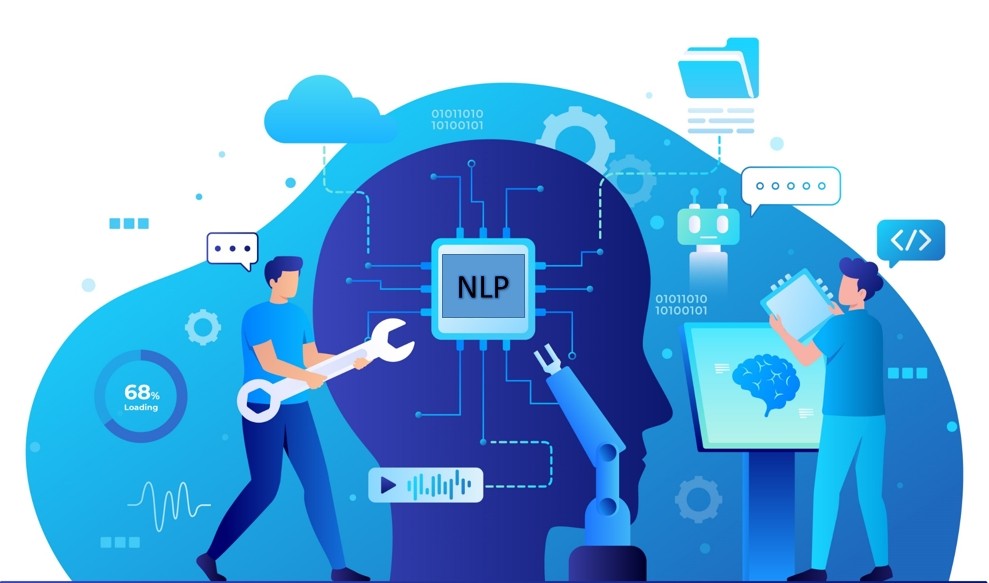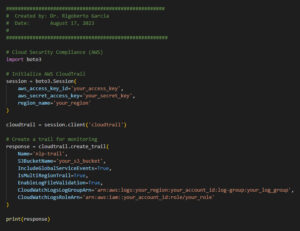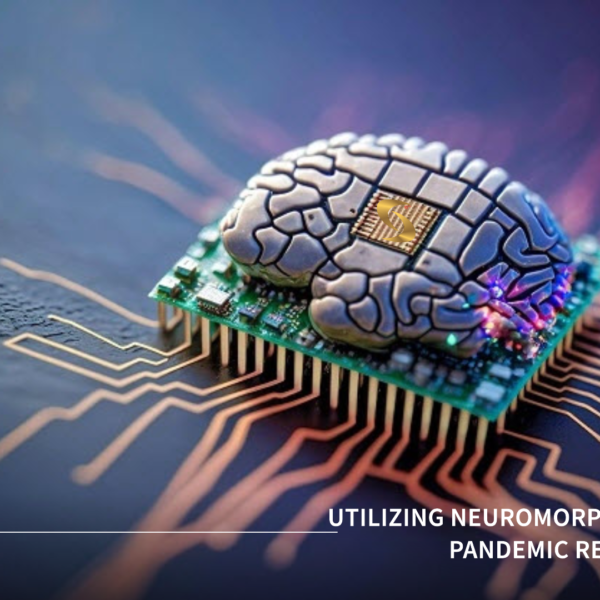Implementing Ethical Development, Security, and Operations Practice (eDevSecOps)
As the use of Generative AI becomes increasingly prevalent, it’s essential to ensure that these technologies are developed, deployed, and maintained in an ethically responsible manner. This requires an integrated approach that combines traditional DevSecOps methods with rigorous ethical standards. Here, we propose a new framework called Ethical Development, Security, and Operations Practice (eDevSecOps) that encourages managers, developers, architects, and data scientists to follow best practices for creating ethically safe Generative AI solutions.
Core Components of eDevSecOps
- Ethical Development
- Security and Compliance
- Operational Transparency
- Continuous Monitoring and Auditing
1. Ethical Development
Principles:
- Bias Mitigation: Ensure datasets are diverse and representative. Implement techniques to detect and reduce biases in AI models.
- Explainability: Develop models that can provide clear and understandable explanations for their decisions.
- User Privacy: Adhere to data privacy regulations such as GDPR and CCPA. Implement robust data anonymization and encryption methods.
Practices:
- Data Auditing: Regularly audit datasets for biases and ensure diversity.
- Ethical Design Reviews: Conduct ethical design reviews involving stakeholders to address potential ethical issues early in the development process.
- Ethical Guidelines: Follow established ethical guidelines from organizations like ACM and IEEE.
Example:
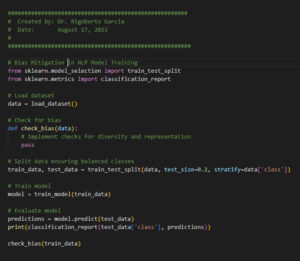
2. Security and Compliance
Principles:
- Robust Security: Implement multi-layered security to protect data and models from unauthorized access and cyber threats.
- Compliance: Ensure all processes comply with relevant regulations and standards like ISO/IEC 27001, SOC 2, GDPR, and CCPA.
Practices:
- Access Control: Implement role-based access control (RBAC) to ensure only authorized personnel can access sensitive data and systems.
- Regular Audits: Conduct regular security and compliance audits to identify and rectify vulnerabilities.
- Incident Response: Develop and maintain an incident response plan to quickly address any security breaches.
Example:
3. Operational Transparency
Principles:
- Model Transparency: Ensure that the decision-making processes of AI models are transparent and understandable to users and stakeholders.
- Data Transparency: Maintain detailed records of data sources and transformations to ensure data provenance.
Practices:
- Model Cards: Use Model Cards to document model details, including performance metrics, training data, and ethical considerations.
- Data Provenance: Implement systems to track and document the origins and transformations of datasets used in training models.
Example:
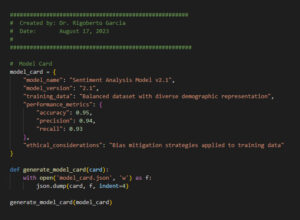
4. Continuous Monitoring and Auditing
Principles:
- Continuous Monitoring: Regularly monitor AI systems to detect and address biases, ethical issues, and security vulnerabilities.
- Auditing: Conduct periodic audits to ensure compliance with ethical standards and regulatory requirements.
Practices:
- Anomaly Detection: Implement anomaly detection systems to identify unusual patterns or behaviors in AI models.
- Audit Logs: Maintain detailed logs of all actions and changes for auditing purposes.
Example:
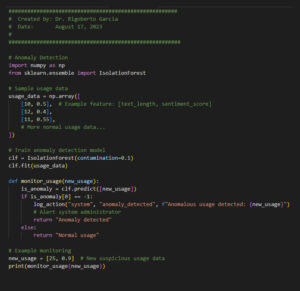
Conclusion
The eDevSecOps framework integrates ethical principles into the traditional DevSecOps model, ensuring that Generative AI solutions are developed, deployed, and maintained responsibly. By following these practices, developers, data scientists, architects, managers, and organizations can build AI systems that are not only innovative and effective but also ethical and trustworthy.
By embracing the eDevSecOps framework, we can ensure that Generative AI technologies contribute positively to society while safeguarding against misuse and ethical lapses.


